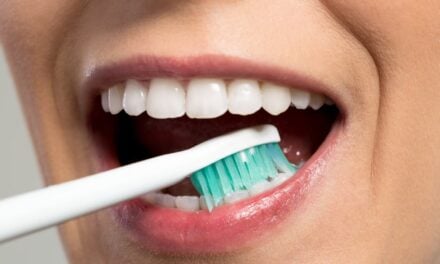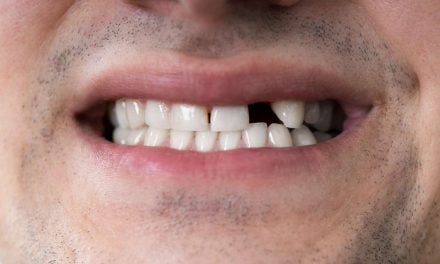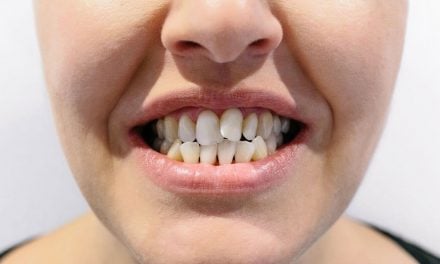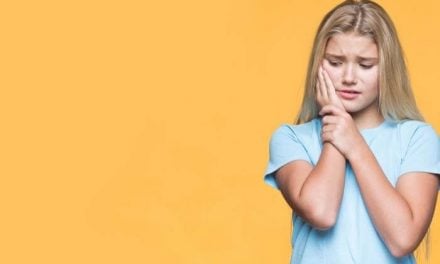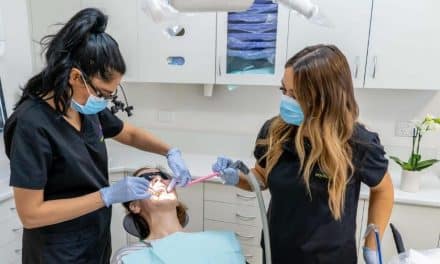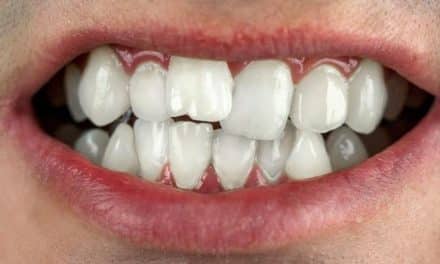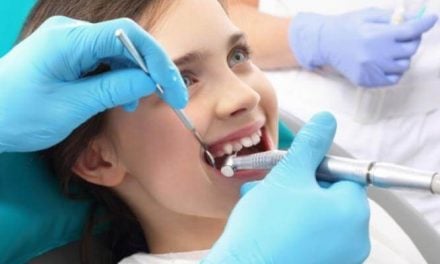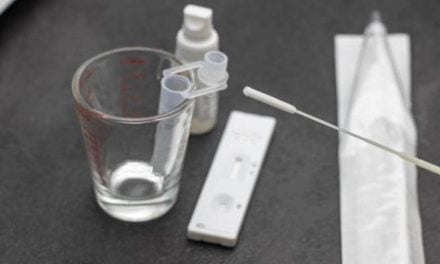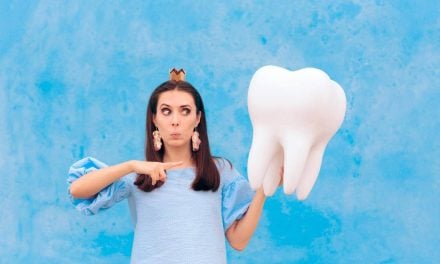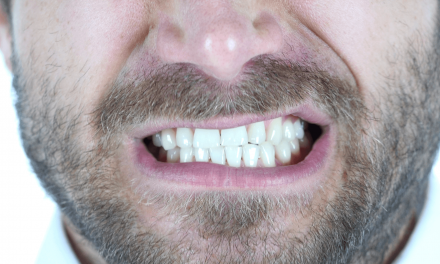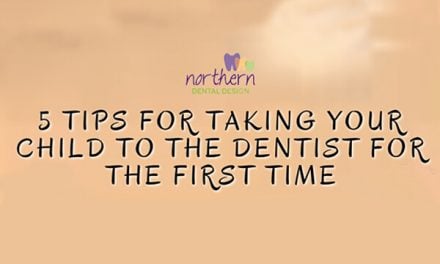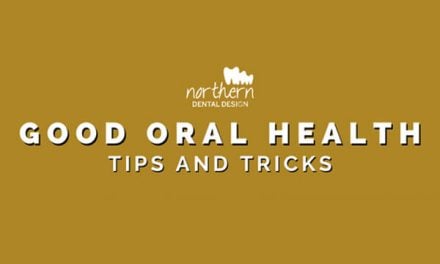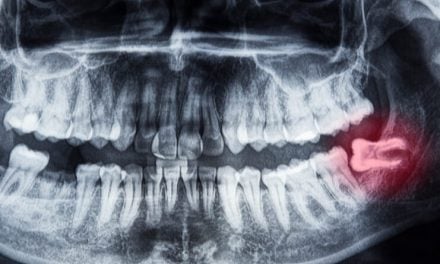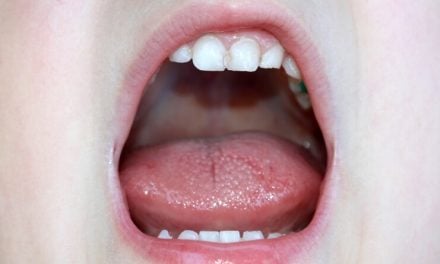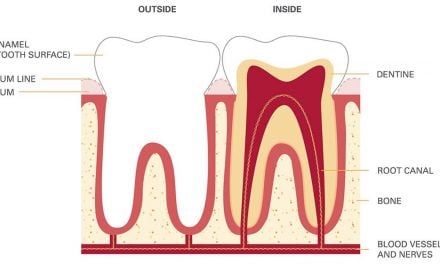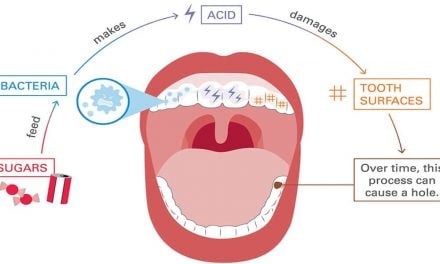Stress Affects Your Teeth: Life In The Age of Stress

Stress. The slithering, hissing, contemporaneous basilisk advancing loftily and upright spurred on by horrendous habits of scrolling social media, newsfeeds, and pandemic fatigue. It withers life-scapes with its breath and kills joy with a glare. The constant shape-shifter of anxiety and powerlessness has become the norm, it’s a crested snake hatched from an egg laid by a rooster, and incubated by a toad.
Such is the insidious complexity of stress; the mal aux cheveux of the bad hair day of 21st century living.
Even Finland, rated the happiest country in the world, with a very supportive social system emerged buffered but not unscathed by the shock that’s reverberated the globe since 2019.
Stress has become basically unavoidable. Even discussing stress is stressful.
In the short-term, it’s critical for survival. It powers the primary ‘fight-or-flight’ response where body and brain stay sharp and alert, ready to react to impending danger whether it be a homicidal maniac, a falling tree or zero hour. Neurologically, the amygdala (the ‘fear centre’ of the brain) activates the central stress response system that comprises the hypothalamus, pituitary gland and the adrenal cortex. This axis releases the stress hormone cortisol to rapidly increase heart rate, glucose levels and blood flow so we can take on conflict with the strength of ten, or quick-sticks it outta there.
Heart and hormones return to normal levels when the crisis has been averted.
That prolonged and chronic stress has serious health effects is not a hard concept to grasp. Evolutionary psychology however, matches that with a mismatch theory.
It contends that physical and mental adaptations implicitly differ from the response environment in which they originally evolved. Essentially, human biological, behavioural, and emotional traits preserved by natural selection because of their adaptive nature are now incompatible with our present environment.
In short, our system doesn’t know the difference between the deadly and deadlines, mammoths and mammograms, tsetses and tests, a grizzly bear and a bear market.
Medicos maintain stress will kill you; alternatives advocate that it will if you think it will.
For some, trying to extricate themselves from stress sparks the stress related issues they’re trying to deal with. Like wrestling a snake.
Globally, antidepressant usage is on the rise. In Australia alone, between 2020 and 2021, 42.7 million prescriptions were filled for mental health related issues for 4.5 million patients – 17.7% of The Lucky Country.
Curiously its $AU3.5b alternative therapies market in 2022 shows negative growth of 6.9%. Without given specific reason, you could contemplate that until your navel gazes back without blinking.
Certainly, we live in interesting times. No wonder our teeth on edge.
Since 2021 there’s been a dramatic increase in teeth-grinding related problems. Known as ‘bruxism’ it’s as brutal as it sounds: excessively grinding your teeth, or clenching your jaw, particularly when you’re asleep, although not exclusively. It’s worth noting that whatever the statistics of sufferers is and underestimation: people are often unaware of their habit, or lack a partner to draw their attention to the terrible sound of teeth gnashing. Since it’s completely unrelated to the primary functions of your mouth – like eating, and talking – it’s categorised as an oral parafunctional activity, which makes it sound a lot more fun than it is.
The President of the Victorian branch of the Australian Dental Association declared 2021 had been ‘The Year of the Cracked Tooth’ such is the damage caused by this stress-related condition. Lockdowns played a part in the notable increase in tooth grinding. Dentists who would generally have a handful of patients a year with cracked teeth, jaw, neck and face pain reported that they were seeing three or four a day.
It’s normal for teeth to have some wear, but there are patients now with chipped teeth and damaged teeth; some “split like a piece of firewood.”
Some 20-year-olds show the wear of a 50-year-old.
According to University of Michigan researchers, adults who’ve even overcome childhood adversity are at greater risk of tooth loss because of the trauma they experienced in early life.
Haena Lee, a postdoctoral researcher at its Institute for Social Research, research fellow affiliate of the Population Studies Center and a research fellow in the Survey Research Center, assessed the impact of adverse childhood events on oral health in later in life.
She asserts that, “The significant effects of these early adverse experiences on oral health, are persistent over and above diabetes and lung disease, which are known to be correlates of poor oral health.”
As a result of her team’s findings, it’s not just these medical conditions that elucidate oral function; life course histories capture other important conduits in oral health disparity. Nearly 20% of Americans over the age of 50 are estimated to live with missing teeth, with more than 13% having lost all of their permanent teeth.
Nearly 30% of the respondents had lost parents through death or divorce and had experienced financial hardship by the age of 16. 10% had experienced physical abuse; 18% smoked during childhood. Nearly half held only a high school diploma or less, and 20% of the participants had lived in poverty at least once since the age of 51.

Lee conjectures that the socio-behavioral determinates of adversity impacts tooth loss. Traumatised or abused children are more likely to engage in binge drinking, excessive sugar consumption or nicotine use – all contributors of tooth loss.
If adversity breeds adversity, it seems that poor dental health is rooted in unfavourable and unsympathetic experiences encountered throughout life. It’s widely accepted that stress produces complex, detrimental effects on the immune system. This inability to resist infection certainly leads to cycles of gum disease; and with periodontitis suffered by more than 50% of the worldwide adult population, the impact of mental health must surely be included in this susceptibility.
Stress not only causes a sudden increase in the bacterial growth of low-grade infection, if you have gum disease or diabetes it can cause both conditions to amplify. Since they’re conditions that work against each other, a cycle of aggravated disease activity can result. Oral infections further weaken immunity, and inflamed gums allow harmful bacteria to enter the bloodstream.
It increases vulnerability to viral infections, and can contribute to coronary heart disease, hypertension, and exacerbate symptoms of autoimmune diseases.
A number of studies since 2017 have found connection between the higher cortisol levels of stress, and periodontal issues. Excess cortisol elevates insulin levels, which drops blood sugar and causes sugary food cravings, which damage your teeth and gums and lead to gum disease – this is the house that Jack built…
If it appears that the basilisk that was wrestled is now eating its own tail, it may be science revolutionary and English philosopher Francis Bacon who has to weigh in:
The Serpent if it wants to become the Dragon must eat itself.
Sleep on it. You probably need the rest. Don’t have that universal dream of your teeth falling out though. That’s a whole other story.
Visit our Epping Dentist clinic for treatment and discussions such as on how stress might have affected your teeth.
DISCLAIMER:
The content has been made available for informational and educational purposes only. Northern Dental Design does not make any representation or warranties with respect to the accuracy, applicability, fitness, or completeness of the content.
The content is not intended to be a substitute for professional personal diagnosis or treatment. Always seek the advice of your dentist or another qualified health provider with any questions you may have regarding a dental or medical condition. Never disregard professional advice or delay seeking it because of something you have read or seen on the Site.

